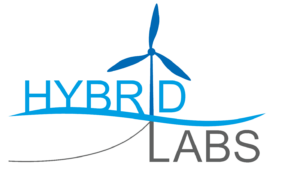
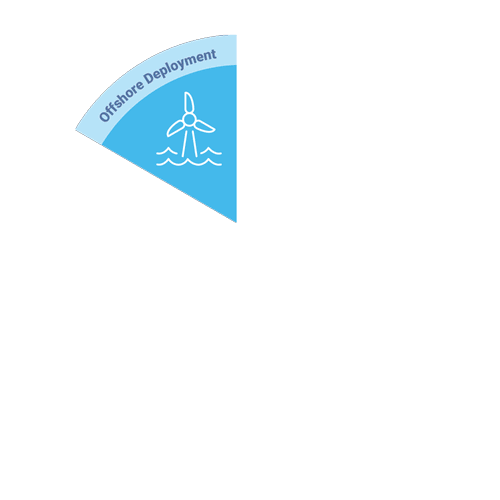
HybridLabs is accelerating the Netherlands journey to carbon neutrality.
Through a unique, nation-wide infrastructure – combining advanced laboratory facilities with offshore field labs – we connect the gap between small-scale experiments and large-scale, real-world testing. This approach strengthens collaboration across sectors, speeds up innovation, and accelerates the deployment of offshore renewable energy.
To make this transformation possible, HybridLabs works through six dedicated work packages. Each package addresses a different aspect of offshore renewable development, ensuring that together we maximize impact and drive meaningful progress.
This work package focuses on developing and testing a series of innovations that build on the infrastructure established in WP1–2. The research spans multiple disciplines, from component design to grid integration, with the aim of enhancing the performance of offshore renewable technologies, accelerating their deployment, and supporting the ecological and food transitions at sea. Topics include nature and food-inclusive energy solutions, bio-inspired control of floating wind turbines, advanced installation techniques, offshore foundation systems, structural health and endurance, the dynamics of floating solar under combined wind and wave loads, and the resilience of integrated offshore–onshore energy systems.
Output 3: Innovations for offshore renewables
This work will deliver advances in components, systems, monitoring, and control techniques tailored to offshore renewable applications. Alongside fundamental hybrid testing, the research will generate practical solutions and tested innovations that improve technology and logistics, providing the breakthroughs needed to accelerate the pace of offshore renewable development.
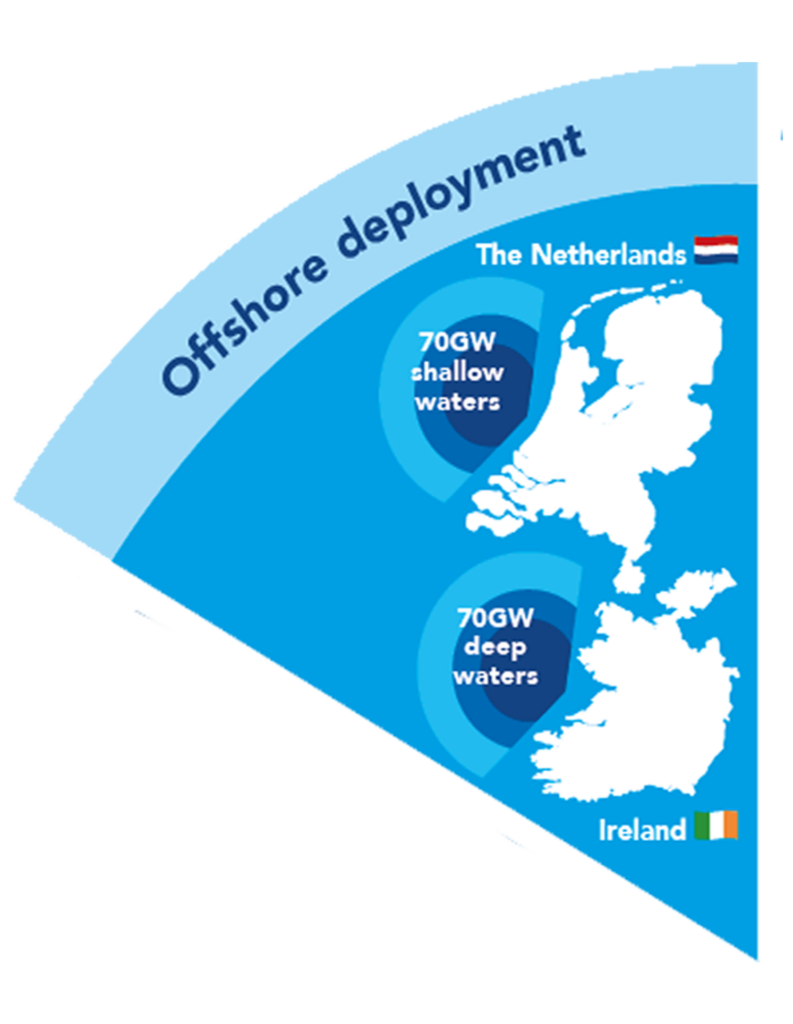
This work package focuses on developing innovative methods and algorithms to improve the accuracy of hybrid testing and virtually link individual facilities. Data and physics-driven approaches will act as the “glue” connecting laboratories with offshore demonstration sites, enabled by data-enhanced facilities, future-proof models, and virtual force sensing.
Output 2: Scientific advancements in hybrid testing research
Through fundamental research into data-driven methods, deep learning, and virtual sensing – combined with the wide range of facilities established in Output 1 – this work will push hybrid testing to new levels of accuracy, reliability, and repeatability.

This work package focuses on developing and testing a series of innovations that build on the infrastructure established in WP1–2. The research spans multiple disciplines, from component design to grid integration, with the aim of enhancing the performance of offshore renewable technologies, accelerating their deployment, and supporting the ecological and food transitions at sea. Topics include nature and food-inclusive energy solutions, bio-inspired control of floating wind turbines, advanced installation techniques, offshore foundation systems, structural health and endurance, the dynamics of floating solar under combined wind and wave loads, and the resilience of integrated offshore–onshore energy systems.
Output 3: Innovations for offshore renewables
This work will deliver advances in components, systems, monitoring, and control techniques tailored to offshore renewable applications. Alongside fundamental hybrid testing, the research will generate practical solutions and tested innovations that improve technology and logistics, providing the breakthroughs needed to accelerate the pace of offshore renewable development.
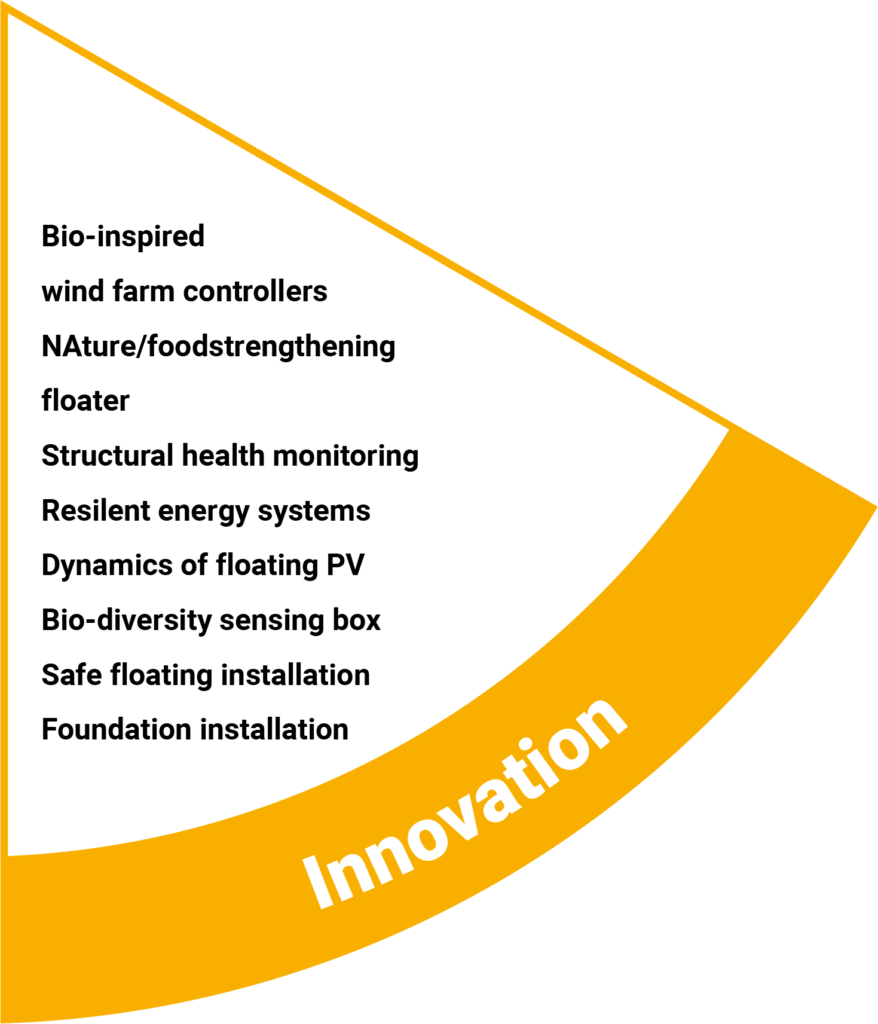
Work package four focuses on ensuring that the innovations developed within Hybrid Labs create lasting technical, ecological, societal, and legal impact. By addressing these dimensions together, the work will help de-risk new technologies and strengthen their path to deployment. Research will examine environmental impact assessments, legal and regulatory frameworks, supply chain readiness, workforce capacity, and the transition of employees into the offshore renewable sector.
Output 4: Impact-enhancing insights
This work will deliver new understanding of the financial and regulatory conditions for large-scale floating renewable farms, the ecological effects of floating offshore energy, the requirements of the supply chain, and the ways in which stakeholder awareness of the offshore renewable value chain can be improved.

The work package focuses on the dissemination and exploitation of project results to ensure long-term impact beyond the lifetime of HybridLabs. It also addresses the social dimension of stakeholder engagement by developing a digital dashboard for citizen science, supporting public outreach, communicating with policymakers and industry, and advancing strategic developments in Ireland.
Output 5: Outreach and workforce development
Thework package will deliver workshops, outreach activities, and integration into university and applied education programs, including Regional Education Centres. By embedding HybridLabs infrastructure into training, the project will help expand both the technical and non-technical workforce, equipping the next generation with the skills required to accelerate the deployment of offshore renewables.

This work package focuses on effective project management to ensure the successful delivery of all objectives. The Project Management Team is responsible for coordinating implementation, monitoring progress, and ensuring alignment with agreed objectives and guidelines. It acts as the link between consortium partners and the Project Advisory Committee, resolving administrative issues and maintaining clear communication throughout the project’s duration.
Output 6: Dissemination and societal engagement
This work will deliver wide dissemination of HybridLabs’ results to stakeholders and society. By raising awareness of project outcomes, involving stakeholders in future scenarios, and engaging citizens in research through the principles of citizen science, this WP will strengthen societal support for the development of offshore renewables.
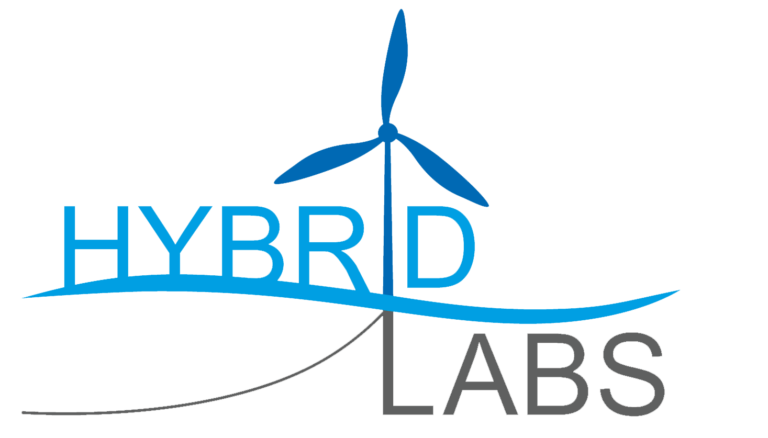
Accelerating innovations in offshore renewables through data-driven hybrid labs.
@2025 HybridLabs